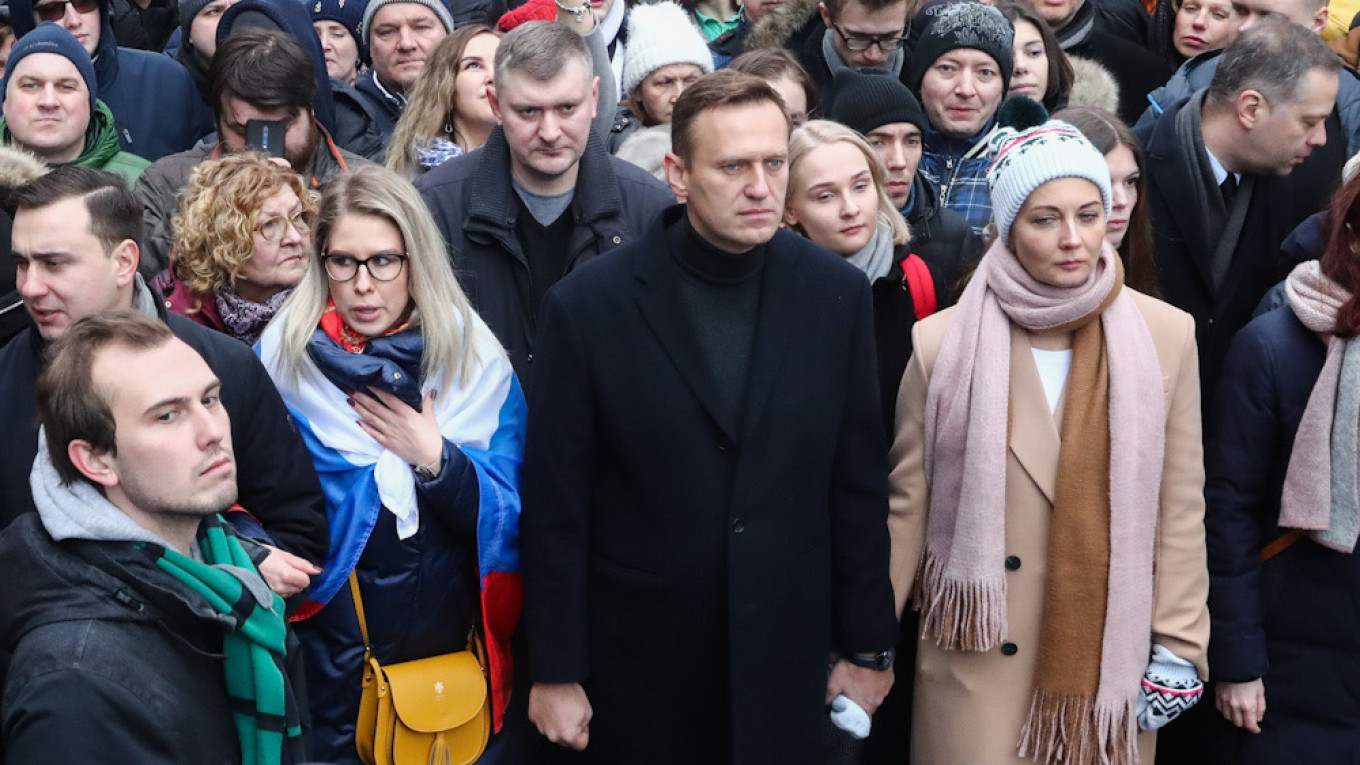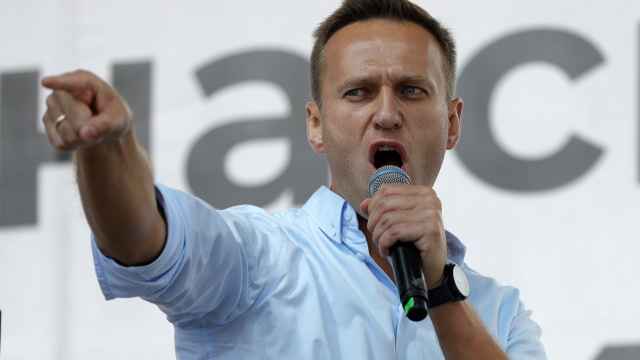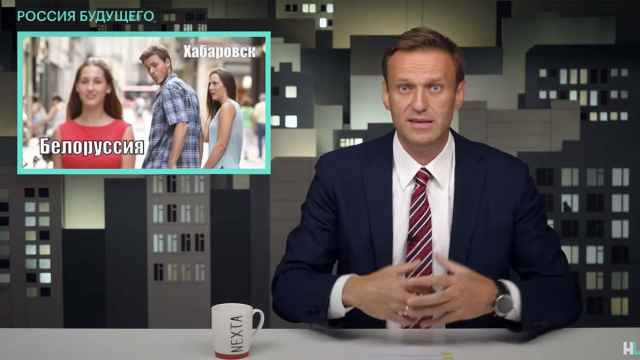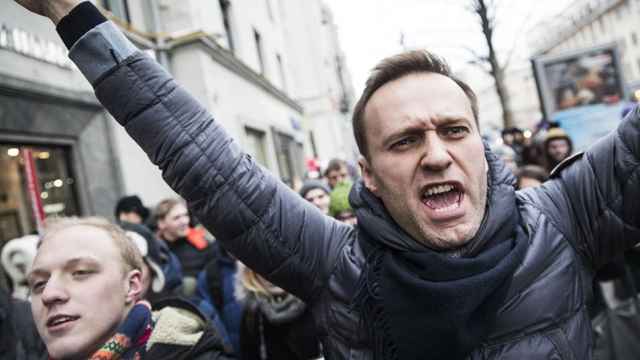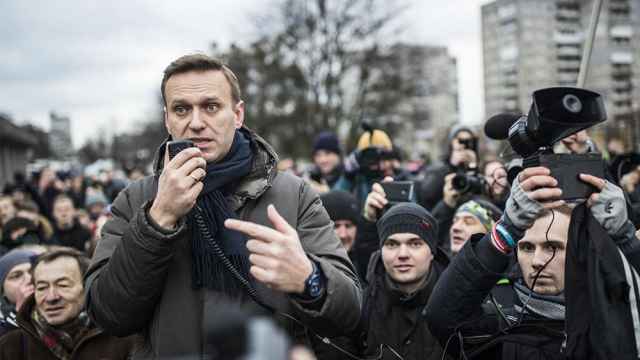President Vladimir Putin signed legislation Friday banning anyone with links to “extremist” organizations from running in elections, a harbinger for jailed Kremlin critic Alexei Navalny’s team that is awaiting a court ruling to label it “extremist.”
The changes to Russia’s election law prohibit leaders, sponsors and rank-and-file members of “extremist” groups from seeking office for periods of 3-5 years depending on their status.
The election ban would directly affect several Navalny allies, such as Anti-Corruption Foundation (FBK) lawyer Lyubov Sobol, who have announced plans to run for the State Duma in September.
It would also impact the tens of thousands of Russians who have supported Navalny's political network and FBK with financial donations.
The election ban applies retroactively, even to financial donors, for 1-3 years prior to the court ruling labeling an organization “extremist.”
The ban comes into effect immediately, with a Moscow court ruling to designate Navalny’s political network as an “extremist” organization expected as early as next week.
Navalny’s allies have vowed to press on with their “Smart Voting” strategy that seeks to unseat pro-Putin ruling party incumbents in this September’s parliamentary elections despite the ban.
Putin signed the law on Navalny’s 45th birthday and exactly one month after pro-Kremlin lawmakers submitted it into the State Duma.
It also comes on the heels of two non-Navalny-linked opposition figures being detained on a range of charges the Kremlin calls “non-political,” but which critics decry as part of a crackdown on dissent ahead of this fall’s elections.
Navalny, who returned to Russia in January after barely surviving a near-fatal poisoning with a Soviet-designed nerve agent last summer, is serving two and a half years in jail on old fraud charges he calls politically motivated.
A Message from The Moscow Times:
Dear readers,
We are facing unprecedented challenges. Russia's Prosecutor General's Office has designated The Moscow Times as an "undesirable" organization, criminalizing our work and putting our staff at risk of prosecution. This follows our earlier unjust labeling as a "foreign agent."
These actions are direct attempts to silence independent journalism in Russia. The authorities claim our work "discredits the decisions of the Russian leadership." We see things differently: we strive to provide accurate, unbiased reporting on Russia.
We, the journalists of The Moscow Times, refuse to be silenced. But to continue our work, we need your help.
Your support, no matter how small, makes a world of difference. If you can, please support us monthly starting from just $2. It's quick to set up, and every contribution makes a significant impact.
By supporting The Moscow Times, you're defending open, independent journalism in the face of repression. Thank you for standing with us.
Remind me later.


